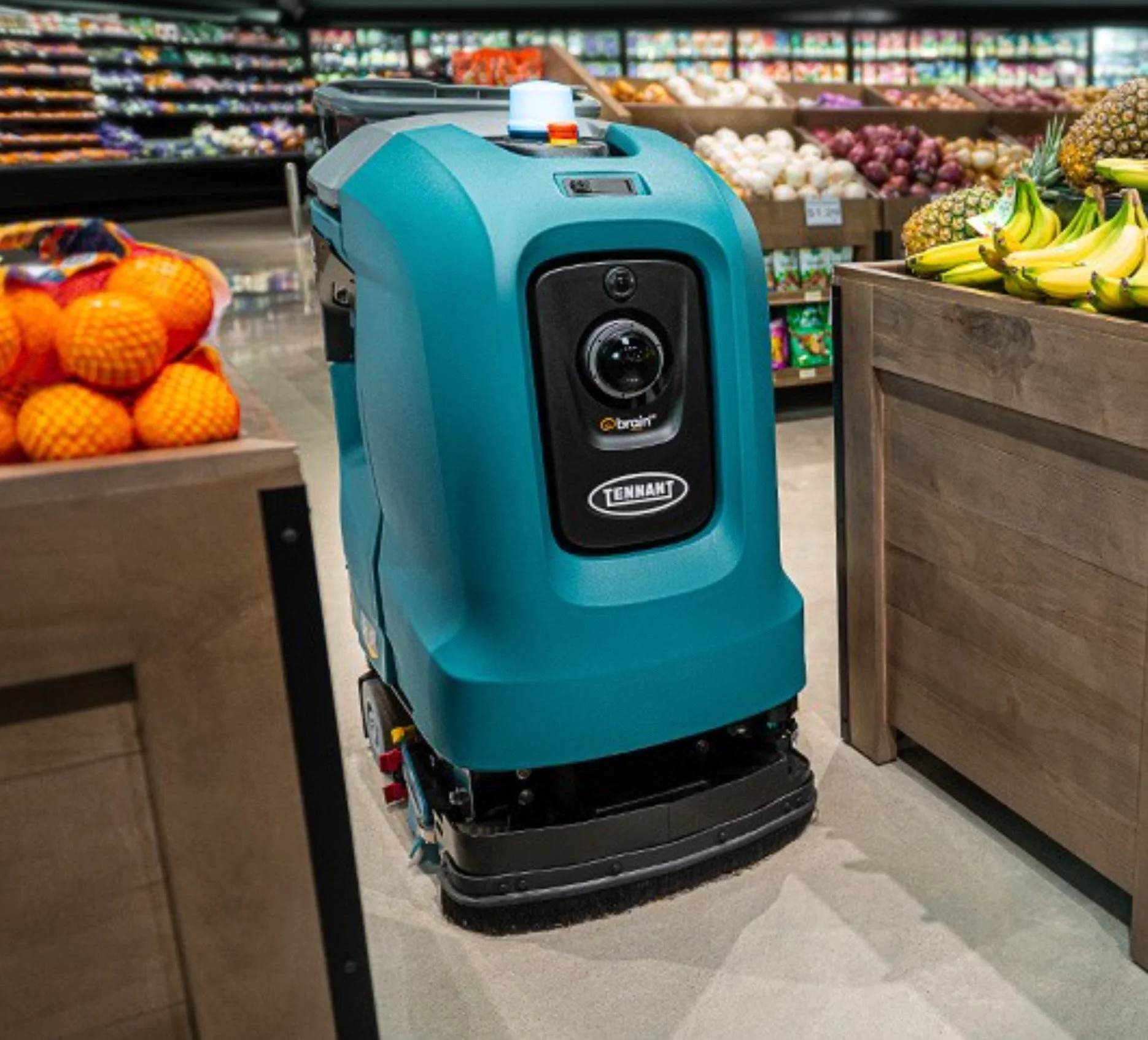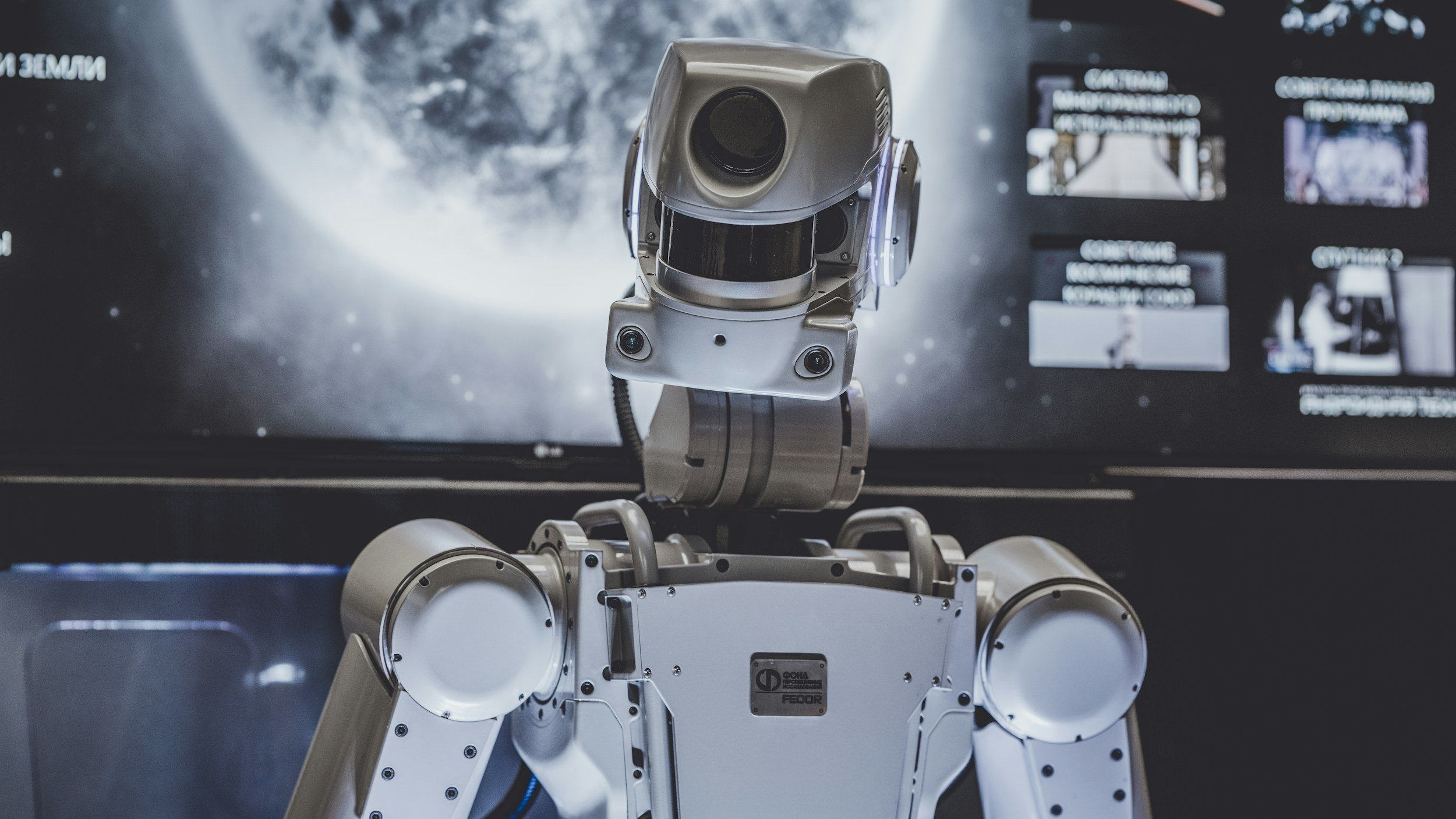Nokia and ResetData Launch Australia’s First Sovereign AI Data Centers with Liquid Cooling

Image Credit: Pawel Czerwinski | Splash
Nokia and Australian cloud firm ResetData will open the country’s first sovereign AI data centres using liquid immersion cooling technology.
Sovereign AI Initiative Targets Local Market Growth
The “AI Factories” are set to launch in Melbourne’s central business district in the second quarter of 2025. The project is designed to provide advanced AI computing power while ensuring data remains onshore. The move comes amid a 19% year-on-year increase in Australia’s cloud services market in 2024, according to the Australian Competition and Consumer Commission.
Data Security and Regulatory Compliance
ResetData, with backing from Centuria Capital Group, aims to provide AI solutions for sectors such as healthcare, finance, and government, where data security and compliance with Australian law are critical. The partnership addresses growing concerns over data sovereignty and the risks of relying on global cloud providers.
Advanced Cooling and Networking Technologies
The new data centres will use liquid immersion cooling, a method where IT hardware is submerged in non-conductive fluid to efficiently remove heat. Nokia and ResetData state this approach is up to 10 times more effective than traditional air-cooling, reducing operating costs by up to 40% and cutting carbon emissions by 45%.
Nokia will supply FP5-based 7750 Service Routers, capable of up to 800 gigabits per second and 75% less energy usage than previous models. These will link ResetData’s NVIDIA H200 GPU clusters for high-speed data transfers. An integrated AI Marketplace will offer NVIDIA-certified AI solutions to enterprise and government customers.
Economic and Environmental Impact
By keeping data within Australia, the project aims to help clients comply with local regulations and support the digital economy. The use of energy-efficient cooling and networking technology aligns with sustainability targets, while the scalable infrastructure supports businesses from small operations to large enterprises.
Competitive and Technical Challenges
The project faces high upfront investment and competition from established global providers such as AWS and Microsoft Azure. Analysts note that while liquid immersion cooling improves efficiency, it is still an emerging technology with potential operational and maintenance challenges. Changes in data protection laws may further affect operational costs.
Outlook for AI Infrastructure
Industry analysts forecast the global AI infrastructure market could reach US$1.8 trillion by 2030, with countries like Singapore and Japan also investing in sovereign AI facilities. The success of the Melbourne project will depend on ResetData and Nokia’s ability to provide reliable, competitive, and compliant services as demand for sustainable, localized AI infrastructure rises.
We are your source for AI news and insights. Join us as we explore the future of AI and its impact on humanity, offering thoughtful analysis and fostering community dialogue.







































